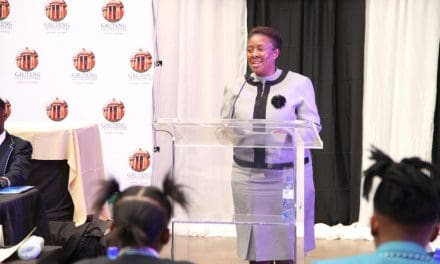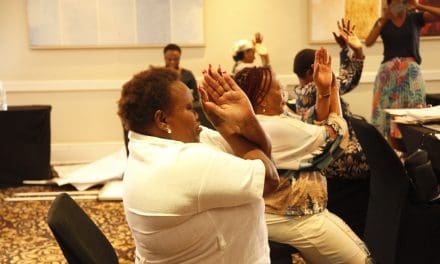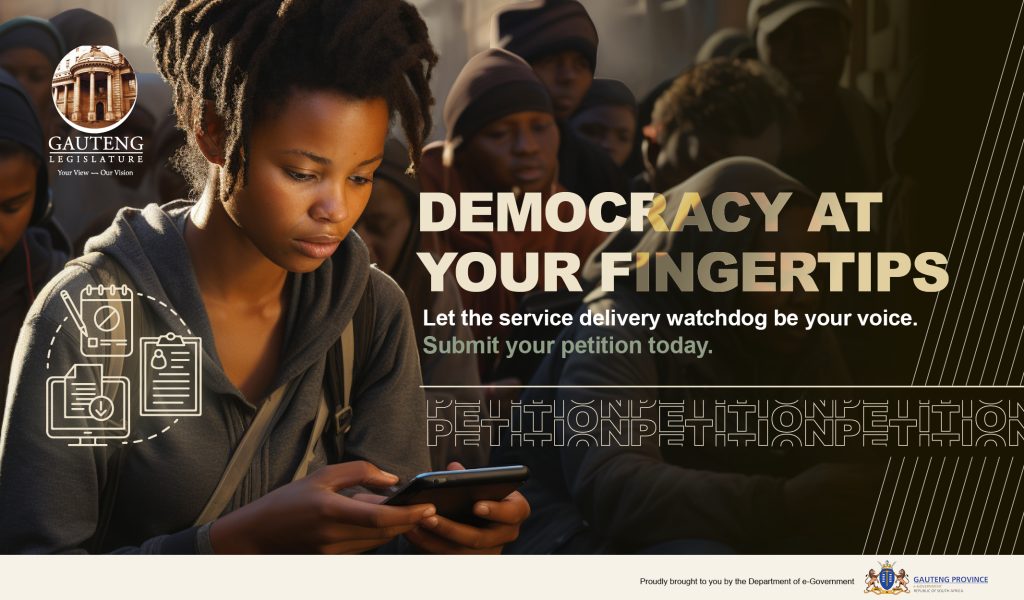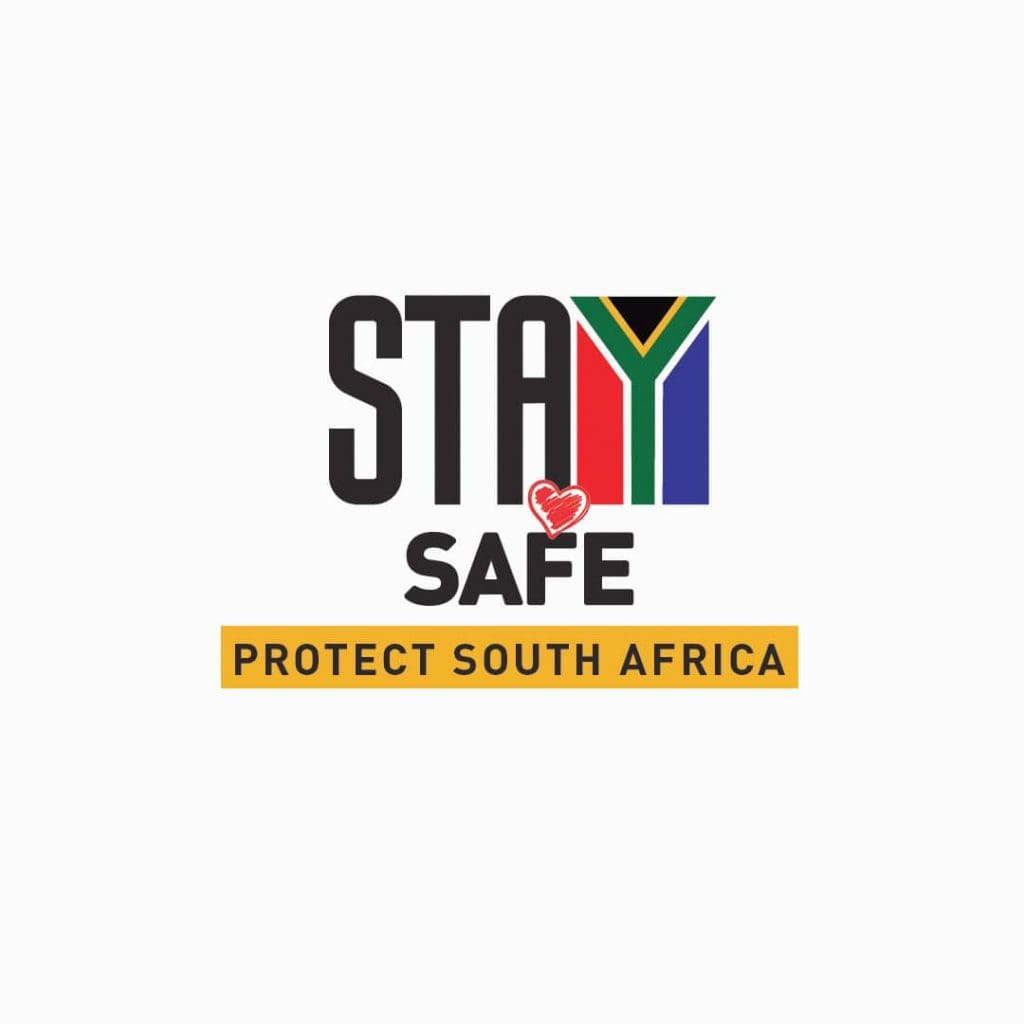
Children’s rights refer particularly to the special protection and care afforded to minors. Children need special protection because they are among the most vulnerable members of society. They are dependent on others – their parents and families, or the state when these fail – for care and protection. As a result, the drafters of our Constitution have made children’s rights a priority – and have stated that the best interests of a child are the overriding concern when it comes to any matter affecting him or her.
Other legislation that provides specific protection for children:
The Child Care Act of 1983, which makes it a criminal offence if a person who has to maintain a child doesn’t provide the child with clothes, housing and medical care.
The Basic Conditions of Employment Act of 1997, which makes it illegal to employ a child under 18.
The Domestic Violence Act of 1998, which defines different forms of domestic violence and explains how a child can get a protection order against the abuser.
The Films and Publications Act of 1996, which protects children from exploitation in child pornography.
Including a special section in the Bill of Rights was an important development for South African children, most of whom had suffered under Apartheid for many years. Many faced discrimination in healthcare, education and other areas.
This section gives children the right to a name, citizenship and some form of care. Children need food and shelter and should be protected from abuse, neglect and degradation. No child should work when under-age, or do work that would interfere with his or her education or development.
This does not mean that the rights in the other sections do not also apply to children. The sections of the Bill of Rights that deal with equality, human dignity, religion, health and others are especially relevant and apply to children.
The inaugural Children’s Sector Parliament was in 2015 at Donn Matemann Hall, Eldorado Park, in the City of Johannesburg Region. The Premier of Gauteng Province, Mr David Makhura, graced this first sitting.
[wds id=”4″]
Why a Children’s Sector Parliament?
The Children Sector Parliament will assist Gauteng Provincial Legislature to exercise oversight for the recognition, protection, rights and equality of children across Gauteng. The Constitution mandates the Legislature to conduct oversight, make laws and facilitate public participation. The Legislature also assists in monitoring and evaluating the implementation of children’s rights and amending any policies that do not make a positive impact in the lives of the children.
The purpose of the Children’s Sector Parliament is to:
- Empower children to participate in legislative processes.
- Encourage the “born-free” generation to be part of influencing and shaping good governance in the post 21st years of South Africa in democracy.
- Allow children to demonstrate their understanding and demonstrate the responsibilities that come with the freedom and rights they have in exercising democracy.
To fulfil its purpose, the Sector Parliament aims to:
- Create awareness about the work of the legislature thus encouraging participation in legislative processes.
- Provide platform for children to be able to engage with public representative, and to voice out their challenges
- Ensure public participation as stipulated in section 118 of the constitution
- Provide a platform to engage on children’s policies and tolerance challenges and to propose solutions.






